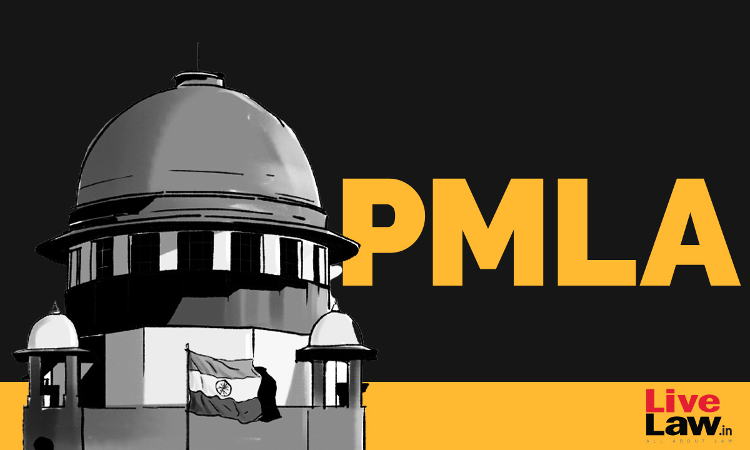"Money-Laundering A Heinous Crime ; Twin Conditions For Bail Not Unreasonable": Supreme Court Upholds Section 45(1) PMLA
Ashok KM
27 July 2022 5:30 PM IST

Next Story
27 July 2022 5:30 PM IST
The Supreme Court upheld the Constitutional validity of "twin conditions" for bail under amended Section 45 of the Prevention of Money Laundering Act, 2002 Act.Money-laundering is one of the heinous crimes, which not only affects the social and economic fabric of the nation, but also tends to promote other heinous offences, such as terrorism, offences related to NDPS Act, etc., the three...
